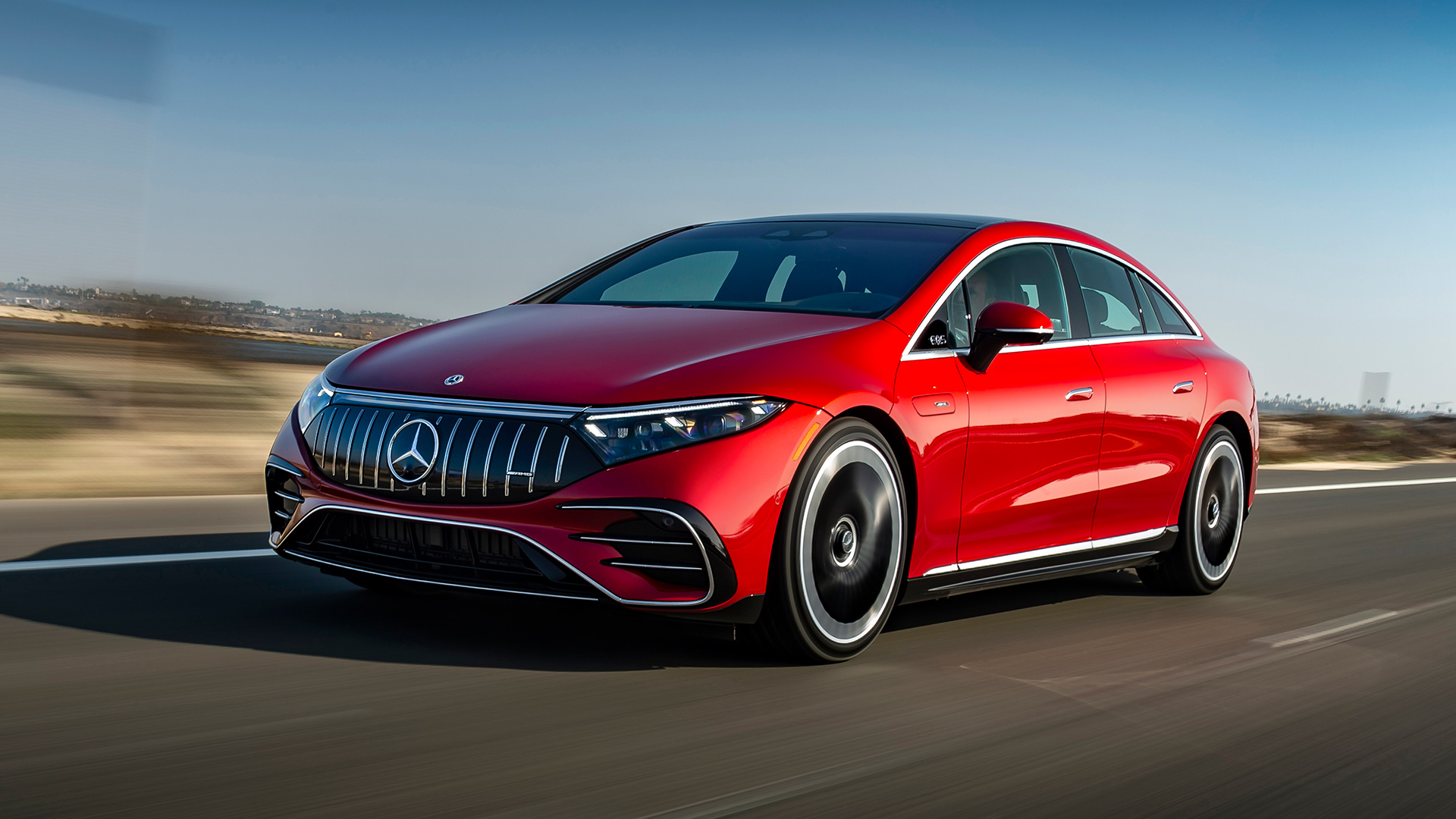

There isn’t an automaker out there that hasn’t run the numbers on electrification. That’s the direction the industry is headed, and if any car company decides to snooze right now, they could very well lose. Still, that doesn’t mean it will be cheap.
In fact, it’s far from cheap for both car manufacturers and consumers. Speaking with Road & Track, a Mercedes exec revealed that even the most seasoned automakers feel that current battery technology and economics simply aren’t poised to provide a solution that is truly comparable, price-wise, with a traditional gas-powered vehicle.

At the heart of all electric cars is the battery. And while most people don’t know exactly how much one of these packs costs to replace, they typically at least know that it isn’t cheap. Sure, the price gap between battery- and gas-powered tech is narrowing, but it’s not there quite yet. And according to Mercedes’ Chief Technology Officer Markus Schäfer, it very well might not be anytime soon.
“Coming to [a battery price of] $50 USD per kilowatt, which would lead to comparable cost basis to an ICE, I would say this is far out there,” said Schäfer to Road & Track. “I don’t see that with the chemistry that we have today.”
That’s not to say that battery prices haven’t declined a substantial amount already. In 2010, lithium-ion packs cost as much as $1,100 per kilowatt-hour, according to Bloomberg. Within a decade, the price fell to an industry average of $137 per kWh, a drop of around 89 percent; now, it makes up roughly 21 percent of the cost to build an EV. Bloomberg suggests that average pricing of $100 per kWh is expected to be reached in 2023, though some commercial packs in China have already been observed in the sub-$100 territory.
While the industry average of battery manufacturing costs is good to keep track of, it’s not necessarily a representation of where one particular automaker is at any given time, nor is it an agreed-upon figure by all financial research firms. Depending on who you ask, that industry average could be as much $186 per kWh right now. Regardless, the real cost to manufacture a battery pack is often a closely guarded secret by automakers. Even if Mercedes happens to meet the $100 per kWh average cited by Bloomberg next year, it’s still more than double what the manufacturer feels is cost parity when it comes to internal combustion.
Schäfer says that two of the largest “crystal ball” factors at play are the cost to mine the raw materials and the global increase in EV demand. The latter is currently playing a large part in the ongoing lithium shortage around the world.

To make matters more complicated, the cost of just about everything else continues to rise, and demand for raw materials used in the manufacturing of battery packs is also increasing alongside EV production. Keep in mind that Tesla’s long-promised (and then killed) $35,000 Model 3 would cost more than $40,500 today when accounting for inflation.
The industry as a whole does recognize that the transition to electrification will be a tough one. Stellantis CEO Carlos Tavares frequently speaks on this topic, and he’s issued a warning for suppliers to brace for huge EV-related costs, too.
Maybe these automakers are telling the truth. Is the era of the cheap car coming to an end? Or, is this a key indicator that the shift away from combustible fuels will take much longer than anticipated, meaning hybrids could be in for the long haul? Only time will tell, but if you ask Mercedes, that answer won’t come soon.
Got a tip or question for the author? Contact them directly: rob@thedrive.com